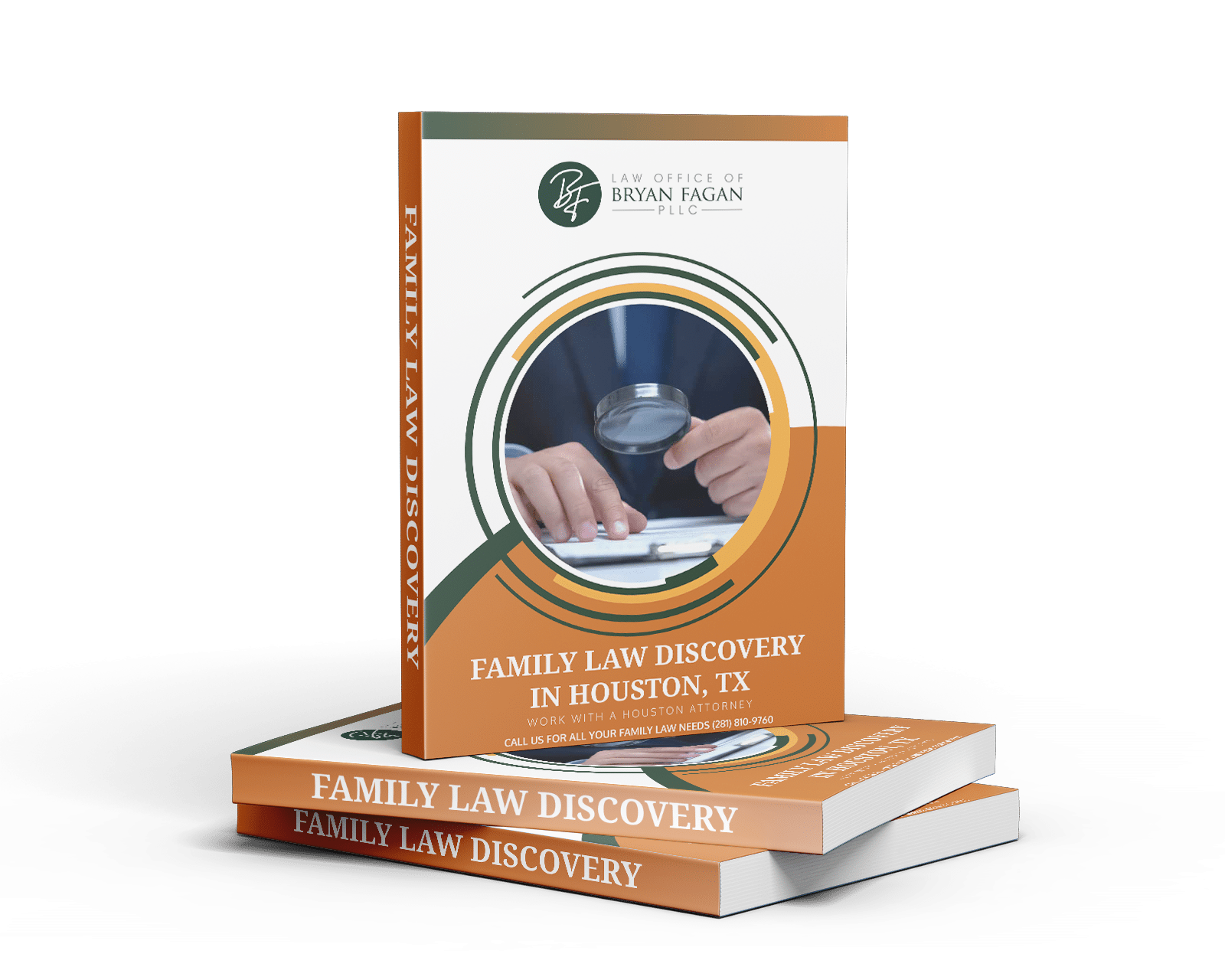
Knowing how to hire the best family law attorney can make all the difference when you’re facing a divorce, custody battle, or any family-related legal issue. Too often, people choose a lawyer based on cost or convenience, only to realize later that experience and compatibility matter far more. The right attorney understands your goals, communicates clearly, and builds a strategic plan tailored to your case. With so much on the line—your children, your finances, and your peace of mind—you need someone who knows the law and how to fight for you effectively. Making an informed decision from the start gives you the strongest chance at a fair and lasting resolution.
Check Texas-Specific Credentials and Experience
Not all lawyers are equal when it comes to Texas family law. Each state has its own rules, deadlines, and filing procedures. Choose someone licensed in Texas with years of experience working within the state’s court system. Texas has specific community property laws, support calculation guidelines, and parenting plan structures.
Search for a board-certified family law attorney. The Texas Board of Legal Specialization grants this certification only to lawyers who meet high standards of practice, ethics, and education. Board-certified lawyers have proven skills and keep up with the latest legal developments in family law.
Ask These Key Questions During Consultations
Once you shortlist a few attorneys, set up consultations. Most offer a free or low-cost initial meeting. Use this time wisely. Prepare your questions ahead of time. Focus on how they approach cases, how often they go to trial, and how they communicate with clients.
Here are smart questions to ask:
- How long have you practiced family law in Texas?
- How do you handle communication during a case?
- Will you personally work on my case or assign it to a junior attorney?
- Have you handled a case similar to mine?
- What do you expect from me as a client?
Pay attention to how they answer. Clear, direct responses show confidence and professionalism. Vague answers may signal inexperience or poor client service.
Review Client Feedback and Online Presence
Client reviews often reveal what it’s like to work with an attorney. Check Google, Avvo, and the State Bar of Texas site. Look for consistent praise in communication, reliability, courtroom skill, and honesty. If multiple clients complain about the same issues, consider that a red flag.
Also check the lawyer’s website and social media pages. A strong online presence shows they take their practice seriously. Does the website clearly explain their services? Are their blogs or articles helpful? Do they offer resources that show a deep understanding of Texas family law?

Compare Fee Structures and Billing Practices
Legal costs vary. Some family law attorneys charge hourly. Others offer flat rates for simple services. Always ask for a detailed breakdown of expected fees. Understand what the retainer covers, how billing works, and which services might lead to extra charges.
Ask these fee-related questions:
- What’s your hourly rate?
- Do you offer payment plans?
- Will I receive regular billing statements?
- Can I cap my spending with a budget limit?
Transparency in billing helps avoid stress later. A good attorney will explain fees up front and won’t pressure you into expensive services you don’t need.
Evaluate Their Approach and Personality
You’ll spend months working with your attorney. Choose someone who makes you feel heard and respected. Legal skill matters, but so does their attitude. Do they seem compassionate yet confident? Are they patient when explaining terms? Do they interrupt or rush you?
Family law often deals with emotional situations. A lawyer who stays calm, clear, and focused will help you stay grounded. You want someone who can handle tough legal challenges and support you through stressful moments without adding drama or confusion.
Look for Courtroom and Mediation Skills
Not all family law cases go to trial. In fact, many settle through mediation. But if things escalate, you need a lawyer who’s comfortable in court. Ask about their experience before a judge. Have they argued contested custody cases or asset division disputes?
Also ask how often they resolve cases through negotiation or settlement. A well-rounded attorney balances strong negotiation skills with courtroom readiness. They should know when to push for trial and when to pursue a peaceful resolution.

Watch for Red Flags That Signal a Bad Fit
Trust your instincts during your consultation. Walk away if you notice any of the following:
- The lawyer promises guaranteed results
- They interrupt or talk over you
- Their reviews mention poor communication
- They pressure you to act fast without explaining things
- Their office seems disorganized
You have the right to legal support that makes you feel confident, not confused or ignored. If anything feels off, keep looking. Texas has plenty of qualified attorneys who know family law inside and out.
Final Thoughts on Choosing a Family Law Attorney in Texas
Learning how to hire the best family law attorney in Texas starts with taking your time and doing your homework. Rushing the decision can lead to costly mistakes—financially and emotionally. Ask detailed questions, compare several attorneys, and pay close attention to how each one communicates. The best family law attorney will not only understand Texas law but also listen to your needs, explain your options clearly, and reduce your stress, not add to it. Making the right choice early on helps you protect your rights, stay in control of your case, and move forward with confidence through a complex legal process.
Frequently Asked Questions – Hiring a Family Law Attorney in Texas
What are 3 questions you should ask a lawyer before hiring?
Three important questions to ask are: 1) What is your experience with cases like mine? 2) How do you communicate with your clients? 3) What are your fees, and how do you structure payments?
How much does a family lawyer cost in Texas?
The cost of a family lawyer in Texas varies, but you can expect hourly rates to range from $200 to $500, depending on the complexity of the case and the attorney’s experience.
How do you know if you hired a good lawyer?
You’ll know you hired a good lawyer if they communicate clearly, listen to your concerns, and make you feel confident in their ability to handle your case. Good lawyers keep you informed, are responsive, and have a solid track record of success.
What do people look for when they hire an attorney?
People typically look for experience, specialization in their legal matter, good communication skills, a reasonable fee structure, and a track record of positive outcomes when hiring an attorney.
What is the hardest question to ask a lawyer?
One of the hardest questions to ask is, “What are my chances of winning?” While no lawyer can guarantee an outcome, a good attorney should be able to give you a realistic assessment based on the facts.
What is the first step in hiring a lawyer?
The first step in hiring a lawyer is to schedule an initial consultation. This meeting allows you to discuss your case, ask questions, and determine if the attorney is the right fit for you.
What is the standard contingency fee for an attorney in Texas?
The standard contingency fee for an attorney in Texas is typically between 33% and 40% of the settlement or judgment, depending on the complexity of the case.
What percentage do lawyers charge for settlements in Texas?
In Texas, lawyers often charge between 33% and 40% of the settlement amount in contingency fee cases, such as personal injury claims.
What is the average hourly rate for attorneys in Texas?
The average hourly rate for attorneys in Texas can range from $200 to $400, with some experienced attorneys charging higher rates for specialized services.
- Why Hiring a Family Law Attorney in Texas Is More Important Than You Think
- The Role of a Family Law Attorney in Katy During Your Divorce
- Is it time for you to contact a family law attorney?
- Top Reasons Why Hire a Family Law Attorney in Texas
- Role of a Family Law Attorney in regard to Premarital Agreements
- Parenting Your Children Through a Divorce: A Family Law Attorney’s Guide
- What is the difference between an attorney and a family law attorney?
- Selecting and Affording a Family Law Attorney in Texas
- How Can a Family Law Attorney Help You Navigate Your Case?
- Communicating with your Family Law Attorney




